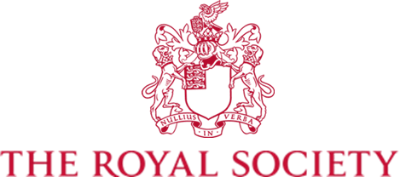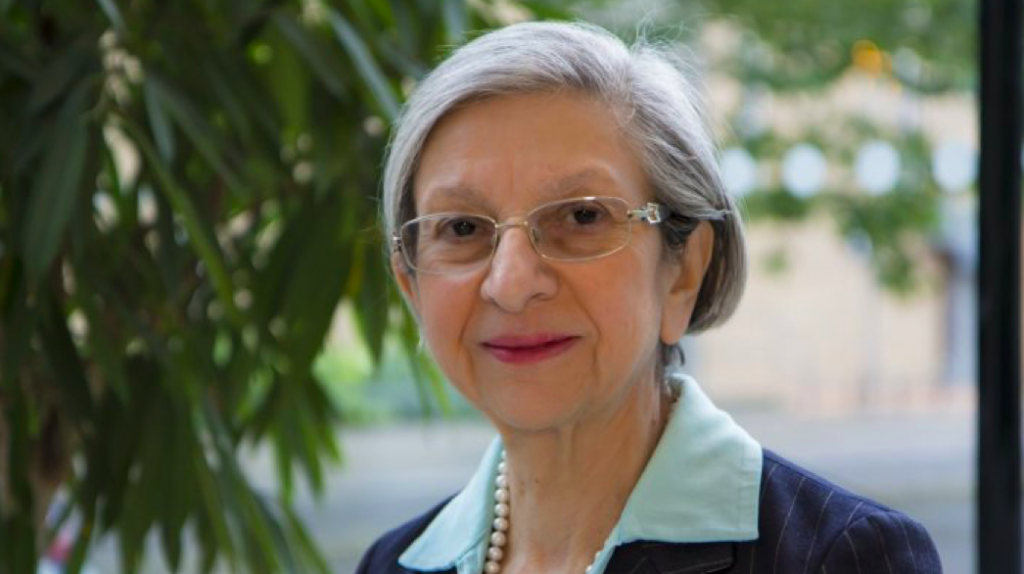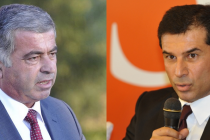A leading Turkish Cypriot scientist based at Imperial College, London, has been elected as a Fellow of the Royal Society – the oldest and foremost independent scientific academy in the world.
Professor Ten Feizi was recognised for her research work into glycosciences. She has spent more than fifty years investigating the role of sugar chains in cells, and how they interact with other cells in those suffering with infectious and inflammatory disorders and cancer.
Lefkoşa-born Professor Feizi said: “I’m delighted to become a Fellow of the Royal Society while acknowledging distinguished collaborators and associates with whom we have delved into unravelling the intricacies and functions of the ‘forest’ of sugar chains in our body.”
She joins a prestigious list of famous scientists who were also elected Fellows of the Royal Society, including Isaac Newton (1672), Michael Faraday (1824), Charles Darwin (1839), Ernest Rutherford (1903), Albert Einstein (1921), and Stephen Hawking (1974).
Formed in 1663, the Royal Society is internationally the oldest scientific academy in continuous existence. It comprises of a fellowship of many of the world’s most eminent scientists.
Since its inception, the mission of the Royal Society is to “recognise, promote, and support excellence in science and to encourage the development and use of science for the benefit of humanity.”
Fellowships are given to distinguished scientists by the Royal Society in recognition of “contributions to science, both in fundamental research resulting in greater understanding, and also in leading and directing scientific and technological progress in industry and research establishments.”
Prof. Feizi was one of four Imperial academics to be honoured with fellowships, the other three being Professors Geoff Hall, Nigel Brandon and Michael Finnis. They are, respectively, experts in particle detectors (Prof. Hall), the role of sugar chains in cells (Prof. Feizi), devices for low-carbon energy transition (Prof. Brandon), and atomic-scale investigations of materials (Prof. Finnis). The four can now use the letters FRS after their name.
Professor Ian Walmsley, Provost of Imperial, said: “It is gratifying to see that four of our eminent colleagues have been elected as Fellows of the Royal Society. Nigel, Ten, Michael and Geoff have all been recognised for their exceptional contributions to science and for the impact their work has had. This is a well-deserved honour, and a fitting accolade for their research. We are proud of them and celebrate their achievements.”
Who is Professor Ten Feizi?
Ten Feizi is Professor and Director of the Glycosciences Laboratory at Imperial’s Institute for Reproductive and Developmental Biology.
Over the course of five decades, her work has highlighted the importance of the diverse sugar chains found on the surface of our cells, including their role in communicating with other cells, in health, in infectious and inflammatory disorders and cancer. Her group pioneered the development of glycan arrays, a means of pinpointing sugar chains with specific roles.
Her group was the first to sequence the sugar chains of a protein on the surface of HIV, called GP120. This glycoprotein, which plays a crucial role in how the virus evades the immune system remains an important target for the development of potential HIV vaccines.
Born in 1937, Ten Feizi completed her primary and secondary schooling in Cyprus before moving to London to continue her studies.
She studied medicine at the Royal Free Medical School, and graduated with distinction in 1961. She went on to earn a Masters’ degree at University College London, where she researched mycoplasma pneumoniae.
As an early career researcher, Feizi joined the Columbia University Vagelos College of Physicians and Surgeons as a Fellow of the College of Physicians and Surgeons of British Columbia, where she worked with Elvin A. Kabat on glycans. She was later appointed a research fellow at Rockefeller University, where she extracted carbohydrates in the laboratory of Richard Krause.
She has been recognised for her pioneering work before. In 1994, she received the American Society for Clinical Pathology Outstanding Research Award. In 2014, she was presented with the Rosalind Kornfeld Lifetime Achievement Award by the Society for Glycobiology. In 2020 she was honoured with the Royal Society of Chemistry Carbohydrate Group Haworth Memorial Lectureship.
Prof. Feizi is a Fellow of the Academy of Medical Sciences, the Royal College of Physicians and the Royal College of Pathologists.





